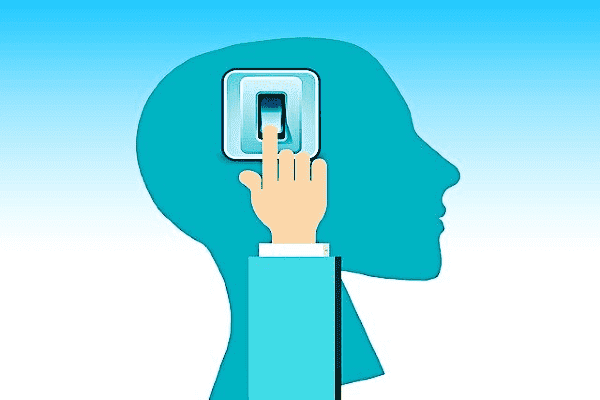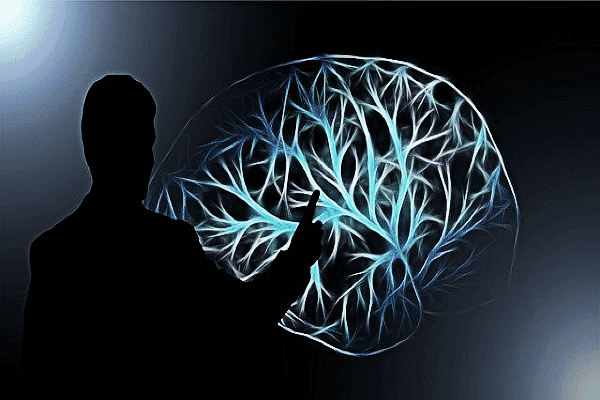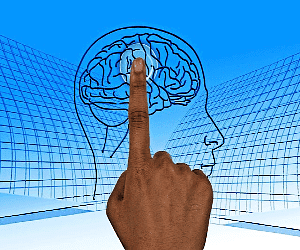 |
| How to Remember Quickly |
How to Remember Quickly. This time I will discuss the book Moonwalking with Einstein by Joshua Foer and this book discusses how to improve memory skills.
Have you ever forgotten someone's name or had trouble remembering where you put a file you saved three years ago?
Most humans are born with exactly the same memory machine. And memory was once an important part of all human life. But over time, humans are increasingly replacing the memory system with a system to remind.
In the end, many of us forget how to use the engine within us. Especially in this day and age, our memory ability is decreasing.
How to Remember Quickly, Which You Can Try
I summarize them into three highlights from the book Moonwalking with Einstein by Joshua Foer:
First, memory skills can be learned
It's an interesting fact that basically, people with photographic memory abilities may not exist, or at least very few in number. Even the best memory athletes and the brightest people still have the same memories as the average human.
The big difference is that they are much better at using their brains effectively. A skill that anyone can achieve with practice.
The ancient memory technique was first introduced as the 2,500 year old 'Memory Palace'. In the past, memory skills were much more important and memory was a fundamental tool.
 |
| How to Remember Quickly |
But over time, many think that the need for a good memory is futile, because you can find any information on the internet.
This is what then causes many people to experience memory loss and consider it a natural thing, in fact it happens because they do not consistently train their brains to remember.
If you are a forgetful person, don't be discouraged. There is something you can do by practicing the phonological loop method. Through this method, you will repeat something you need to remember.
This method is a classic method used by psychologist K. A. Ericsson and his colleague Bill Chase, who presented a scholar with the initials SF who was assigned to repeat the required numbers.
Initially, SF can retain about seven numbers in its phonological circle, which is considered an average result. However, after practicing this test for 250 hours, SF was able to develop his memory many times over. This is a method that is like trying to memorize material before giving a presentation.
In addition to phonological loops, a person also improves his memory skills by becoming an expert in a particular field.
In the 1940s, a study found that skilled chess players have an ability called chess memory, this is their ability to see the chessboard in a different way than less experienced players.
Even so, the memory abilities of chess experts are generally the same as most people, but their memory abilities in chess games are much different.
Second, why do our memory skills decline?
In ancient times, before people knew writing, information was shared orally. This oral tradition relies on certain people who carry knowledge and cultural heritage.
For example, in ancient Greece, there were singers and poets who told the myths of the gods before they were recorded in a manuscript. Even the great figures of that era were also known to have excellent memories.
For example, Pliny the Elder wrote of an extraordinary man named Cineas who could remember all the names of the senators and knights in Rome in just one day there. King Cyrus is also remembered for knowing the names of every soldier who fought by his side during the battle.
This shows that in ancient times, before books were mass produced, it was important to have a good memory.
Another reason why our memory is getting worse nowadays is because the importance of reading is getting less and less.
Before modern books as they are now known in manuscript form. However, most people at that time did not read it because they already knew its contents. In addition, manuscripts at that time were difficult to read and did not contain punctuation marks, for example there were no spaces between words.
Even when reading was considered a bad thing, the famous philosopher Socrates believed that reading would lead to forgetfulness and intellectual and moral decline.
But then, in 1440, Johannes Gutenberg invented the printing press. With this invention, books became more accessible and cheaper to produce.
As a result, people can buy more books and start reading them at an increasingly faster pace. On the other hand, memory ability also declines, because the reason people remember any information becomes less relevant after so many books are available.
Especially in this day and age, we rely on external storage such as on smartphones or computers because these devices have capabilities that are much faster than our own memory.
Third, Exercise to improve memory
Can you remember long numbers? Can you repeat the number 1209202111022019 after reading it once? Most likely not.
The majority of people can only remember five to nine pieces of information at a time. But, what if you split the numbers into specific sets of information into 12/09/2021 and 11/02/2019? Same information, but easier to remember right.
This is a technique known as chunking. With this technique, you group information into larger chunks so it's easier to remember.
Joshua found that people who won memory contests practiced certain visualization techniques, techniques developed in ancient Greece.
More Cool Stuff: How to Get Your Revenge Healthy
This is a technique known as memory palace. The idea came from an ancient Greek poet who was able to remember the names of everyone who died when their temple collapsed during celebrations. He has a visual memory containing where everyone is sitting.
At first, Joshua didn't really believe in this technique, so he started spending a year practicing every day. After a year, Joshua then entered the United States Memory Championship and managed to become champion.
 |
| How to Remember Quickly |
In fact, he was able to break the American record for remembering the fastest deck of cards. Joshua can do this by associating each card with a person, action, or place.
Later, this turned out to help him remember, for example pictures like moonwalking with Einstein helped him remember three cards in the right order and Joshua only needed 17 pictures to remember a pack of cards.
The ability of memory can be likened to a spider web that captures new information. The more you catch, the bigger the net. Vice versa, the larger the net, the more information is captured.
That's what I wrote about How to Remember Quickly, Which You Can Try.




2 comments
I remember you (:
ReplyThanks for remembering me :)
Reply